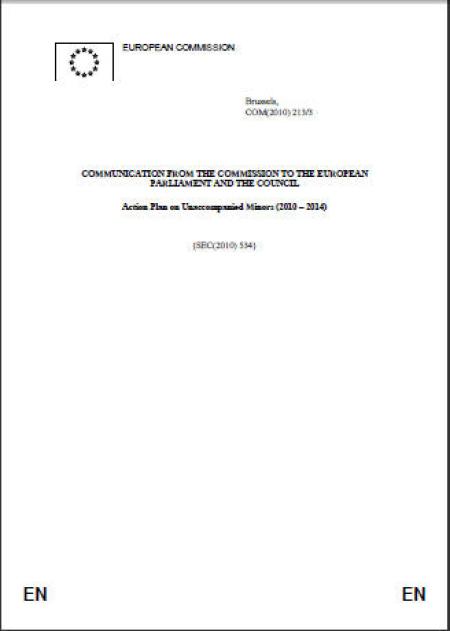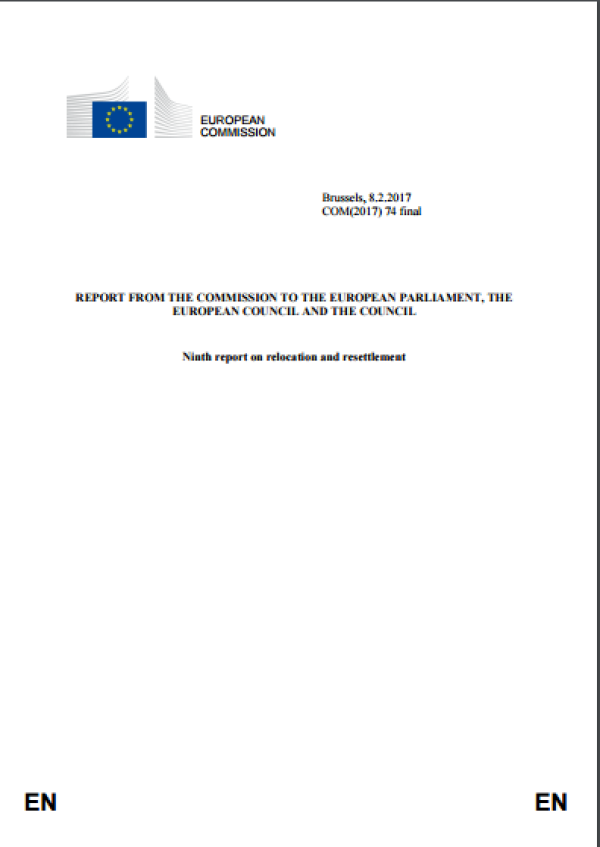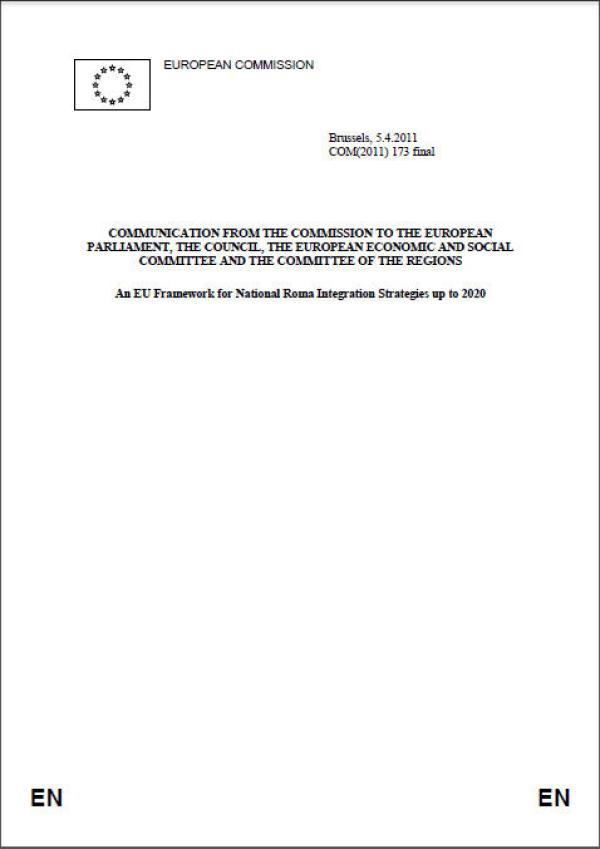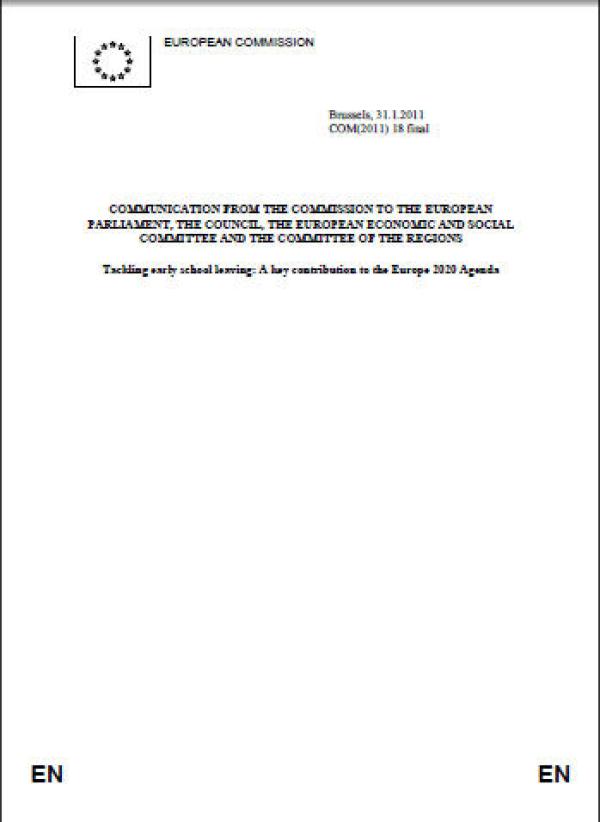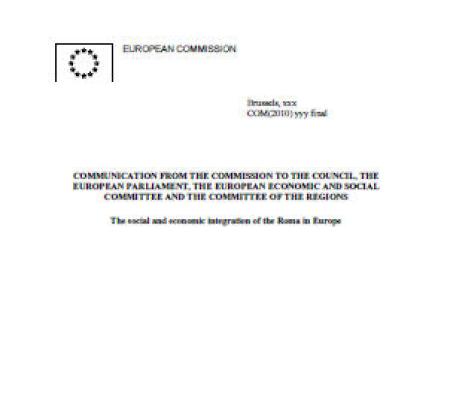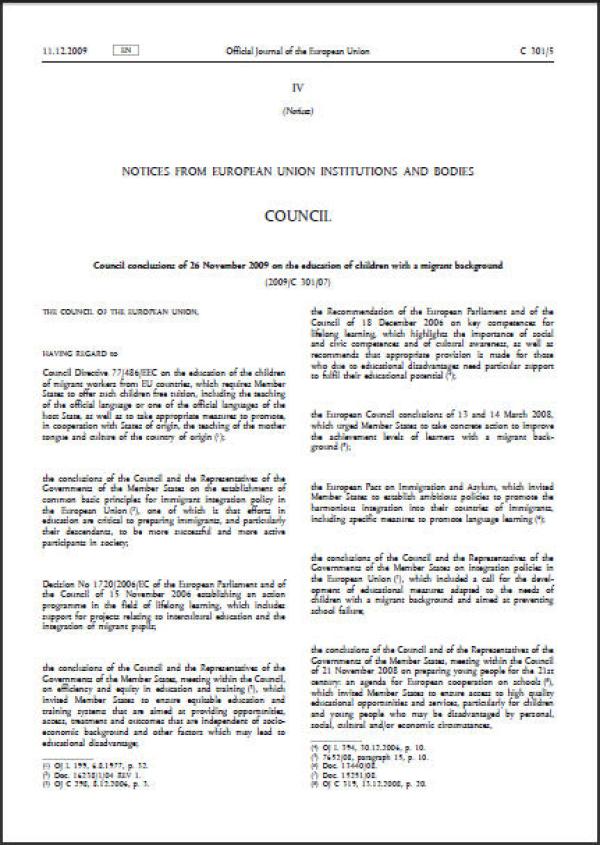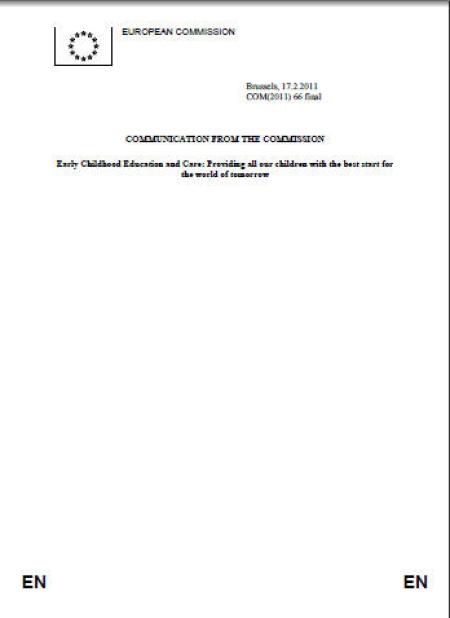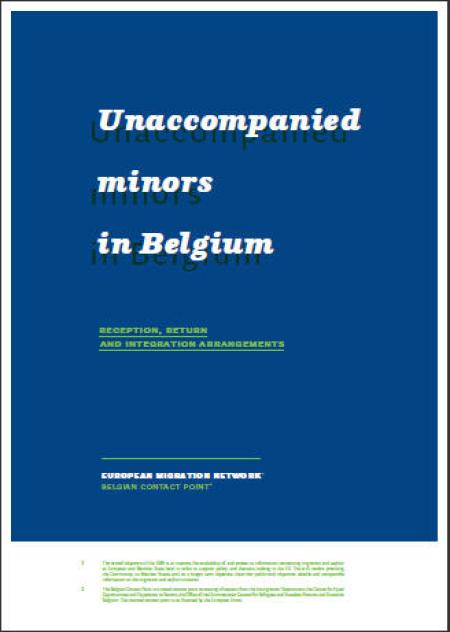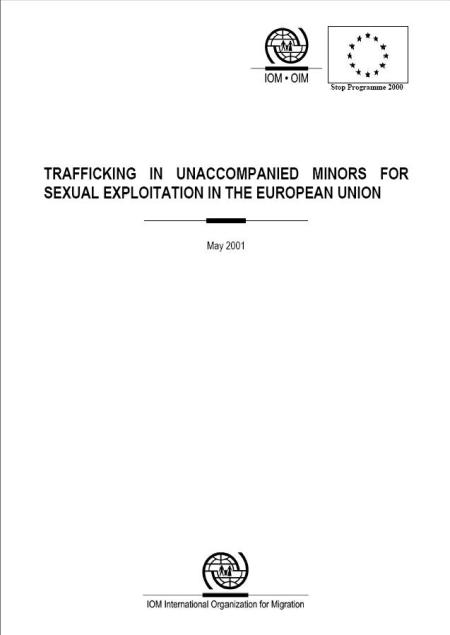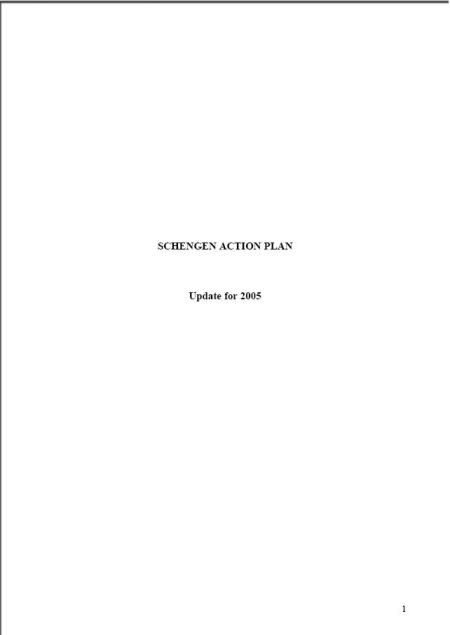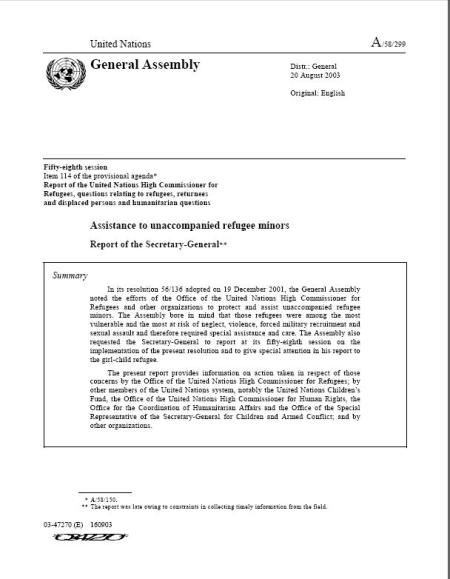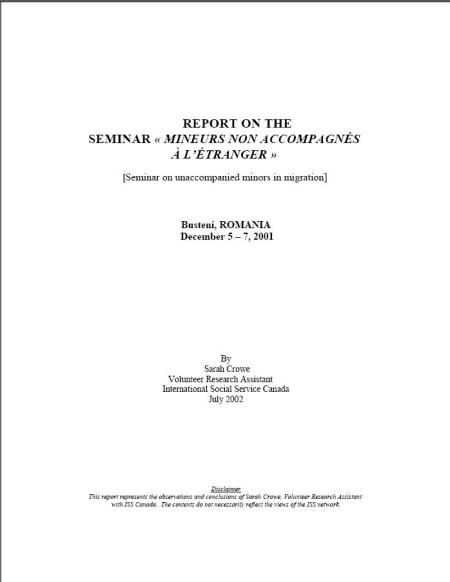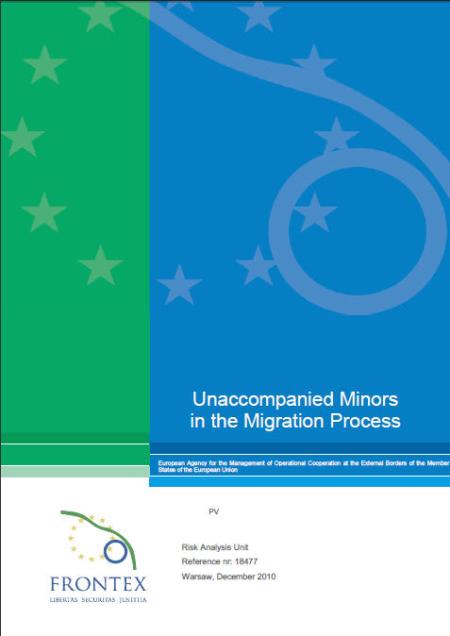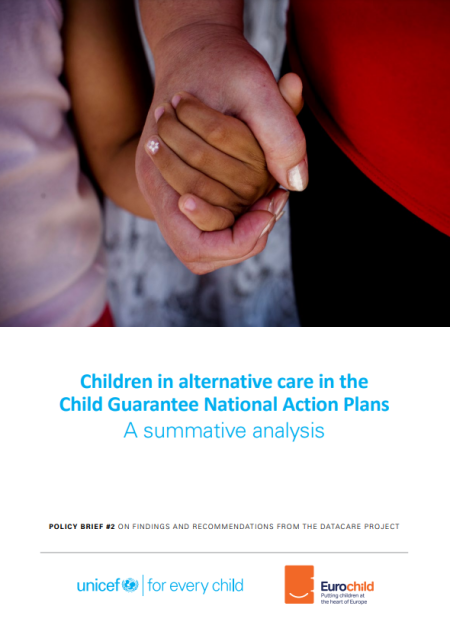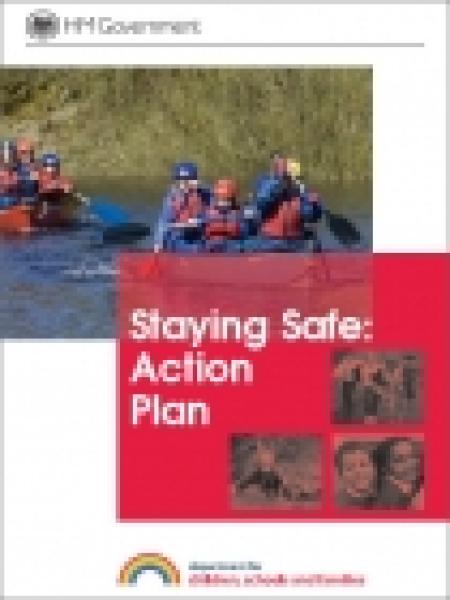
The Commission has identified 10 principles and a number of measures for a common EU approach to deal with the challenges of the growing number of unaccompanied minors seeking a new life in the EU. The concrete measures are listed in an Action Plan and will be carried out in the coming years. What are the main challenges? * lack of comparable data; * age assessment of the persons who declare themselves to be children; * return of unaccompanied minors to their country of origin. In this context, a particular challenge is the problem of the unaccompanied minor’s identification and, in particular, of tracing his/her family; * phenomenon of disappearance of unaccompanied minors. Children often go missing from care facilities of Member States; * dangers of unaccompanied minors becoming victims of human trafficking and exploitation. How does the Commission propose to address this issue? This common EU approach is based on: * respect for the rights of the child as set out in the EU Charter of Fundamental Rights and the United Nations Convention on the Rights of the Child (UNCRC); * solidarity and sharing of responsibilities between Member States and with the countries of origin and transit; * enhanced cooperation with civil society organisations and international organisations. The Action Plan builds on the existing legislative and financial instruments. It distinguishes three main strands for action: prevention, reception and identification of durable solutions. These actions are to be implemented by a series of concrete measures, which are outlined in the Action Plan. For example: Prevention: the root causes of migration must be addressed with the objective of creating an environment allowing children to grow up in their countries of origin with good prospects of personal development and decent standards of living; targeted awareness-raising activities and training should be promoted in countries of origin and transit to improve early identification and protection of potential victims of trafficking in human beings; Reception and procedural guarantees: the Commission will ensure that EU legislation is correctly implemented and evaluate whether it is necessary to introduce targeted amendments or a specific instrument setting down common standards on reception and assistance for all unaccompanied minors regarding guardianship, legal representation, access to accommodation and care, initial interviews, education, etc. Best Practice Guidelines on age assessment should be agreed through technical seminars; Identification of durable solutions which should be based on the individual assessment of the best interests of the child. These solutions shall consist of either return and reintegration in the country of origin, or granting of international protection status or other legal status allowing minors to successfully integrate in the Member State of residence or resettlement.


